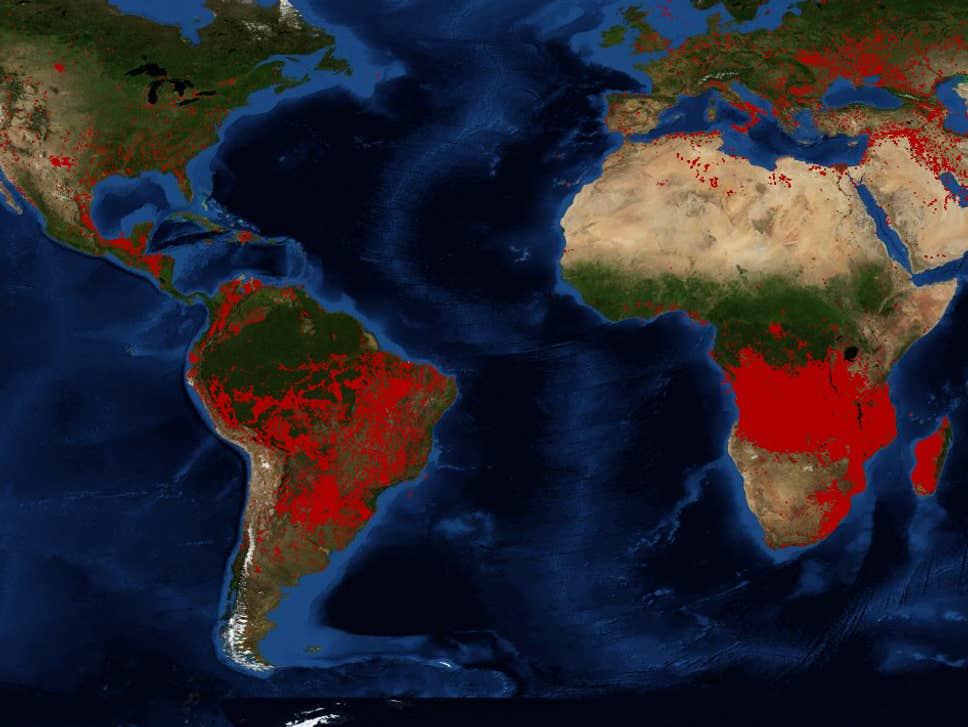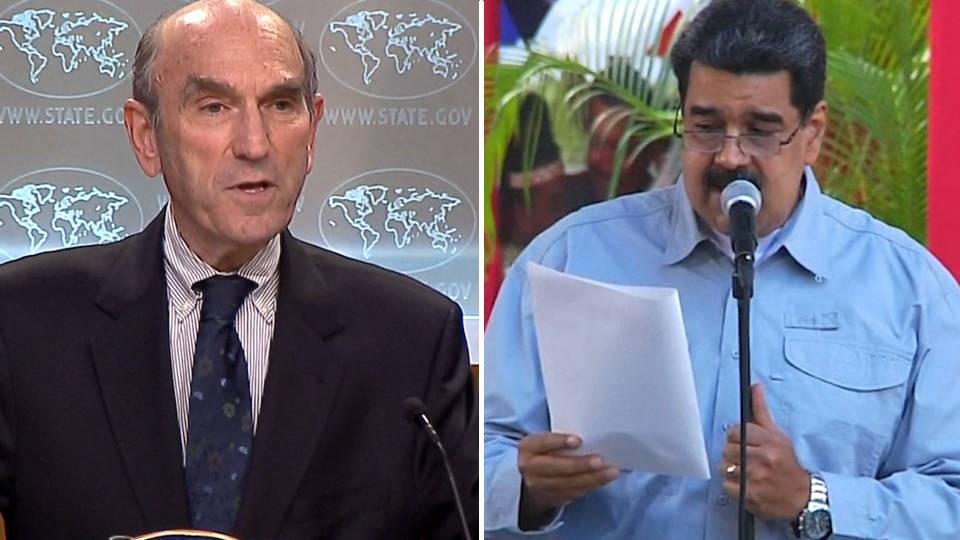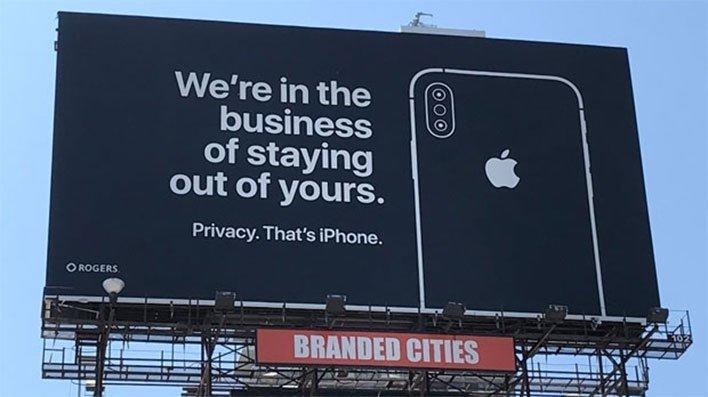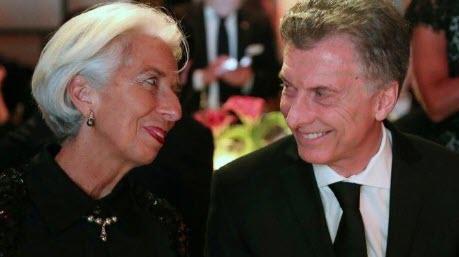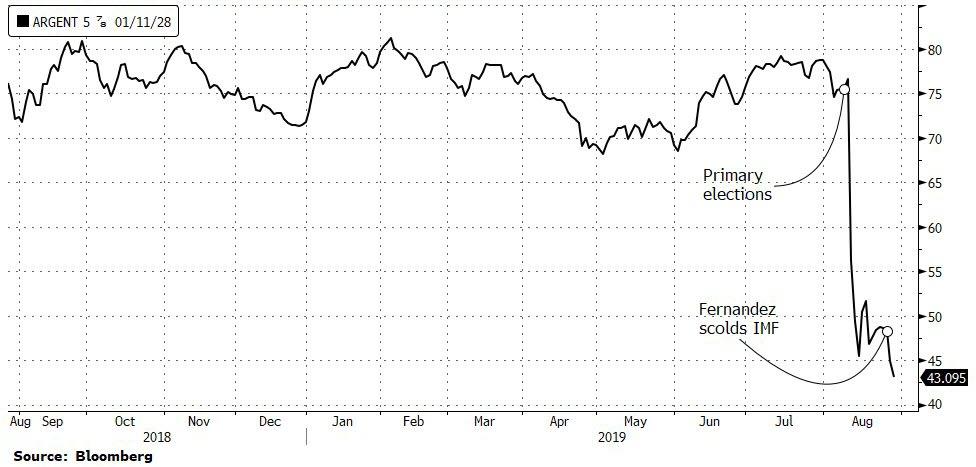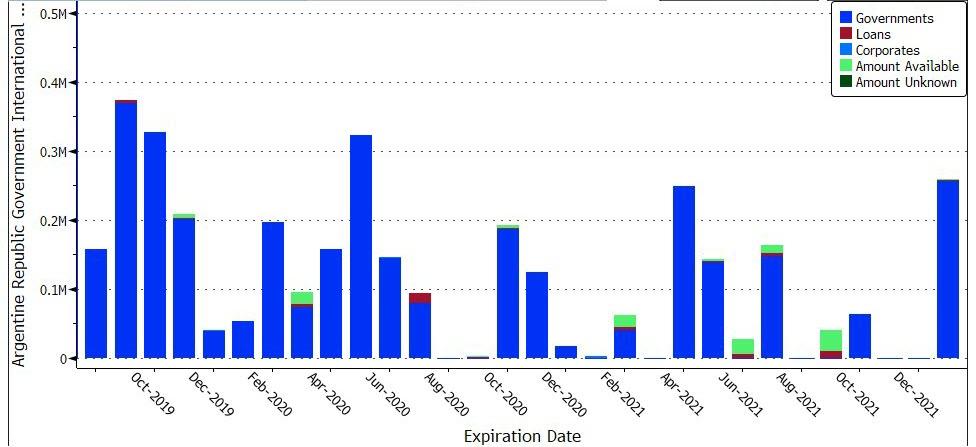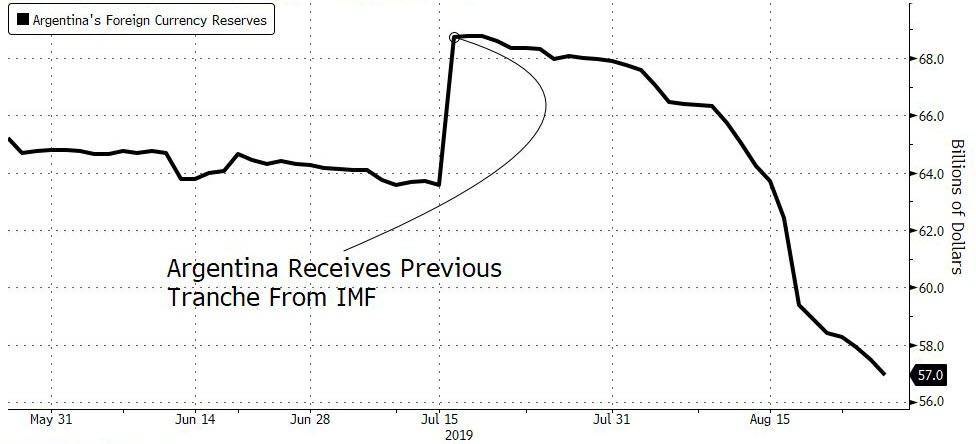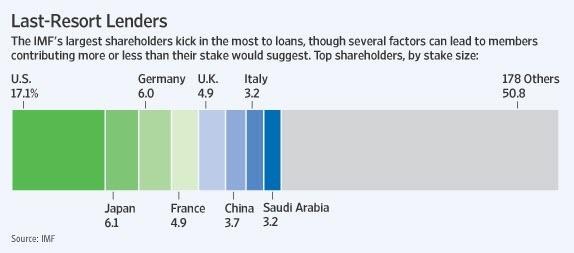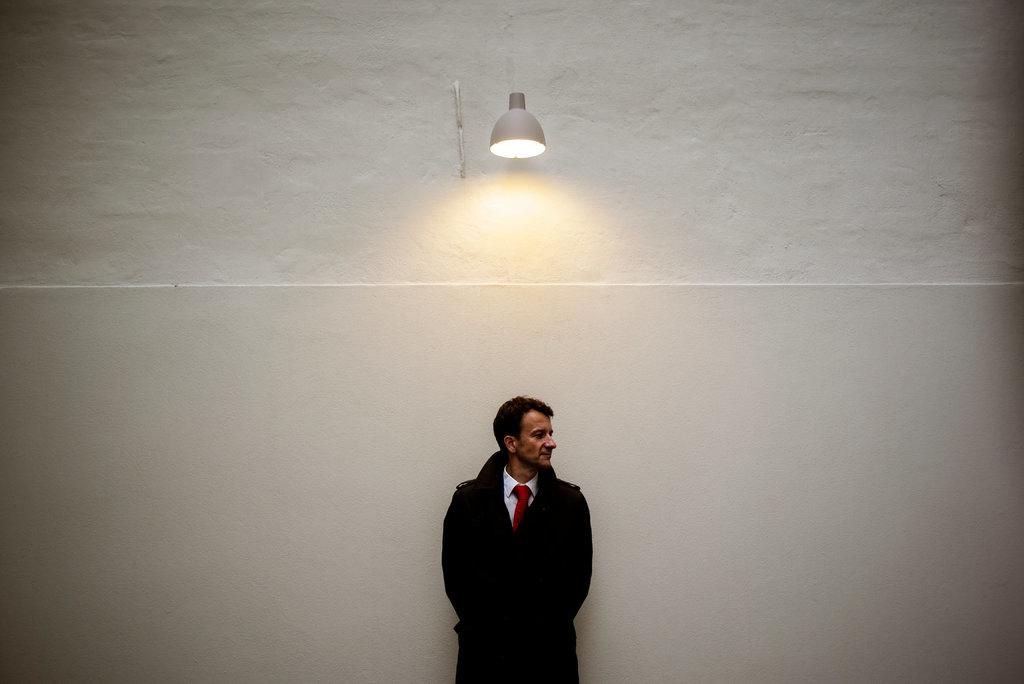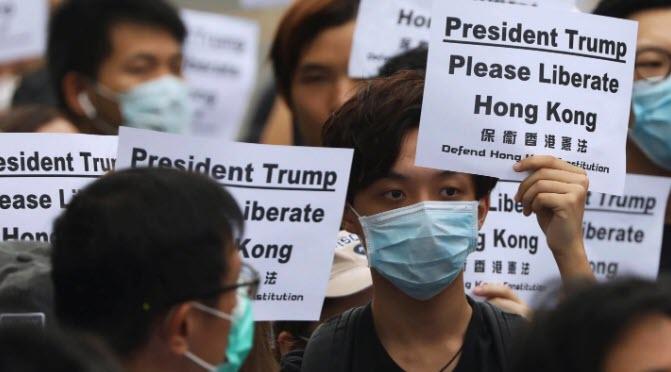Authored by Michael Snyder via The End of The American Dream blog,
A world without forests would be an apocalyptic wasteland, and right now we are losing our forests at an astounding rate. As you read this article, more than 10,000 wildfires are ripping through forested areas of South America and Africa, and global leaders seem powerless to do anything about it. Most of the media attention has been on the horrific wildfires in the Amazon rainforest, and we are being told that the number of fires in Brazil is up 85 percent compared to last year. But the number of fires is actually much higher in Africa. In fact, it is being reported that there are “approximately five times as many wildfires burning in Africa than in the Amazon” at this point. Our planet is literally being destroyed right in front of our eyes, and a lot of people don’t seem to care.
Let’s talk about what is going on in the Amazon first. In a previous article, I discussed the fact that there have been more than 72,000 wildfires in Brazil so far this year, and at least 640 million acres have been affected by those fires. CNN arranged for a plane to fly over some of the most heavily damaged areas, and what those on the plane witnessed was almost too horrifying for words…
Flying above the Amazon’s worst afflicted state (during last week), Rondonia, is exhausting mostly because of the endless scale of the devastation. At first, smoke disguised the constant stream of torched fields, and copses; of winding roads that weaved into nothing but ash. Below, the orange specks of a tiny fire might still rage, but much of the land appeared a mausoleum of the forest that once graced it.
“This is not just a forest that is burning,” said Rosana Villar of Greenpeace, who helped CNN arrange its flight over the damaged and burning areas. “This is almost a cemetery. Because all you can see is death.”
The Amazon rainforest has been described as “the lungs of the Earth” because it produces so much of our oxygen, but many people don’t realize that the second largest tropical rainforest in the world is actually in the Congo Basin, and there are even more fires happening there right now.
In fact, according to official data released by NASA, the number of fires in central Africa is more than five times higher than the number of fires currently raging in Brazil…
Data from Nasa’s Fire Information for Resource Management System, showed at least 6,902 fires in Angola and 3,395 burning in the Democratic Republic of the Congo.
The same data put Brazil’s fires at 2,127.
These fires in central Africa have become so widespread that they have even gotten the attention of French President Emmanuel Macron…
If you look at the data from NASA’s Fire Information for Resource Management Map (FIRMS), which show a large swatch of fire across Angola, Zambia and the Democratic Republic of the Congo. The alarming area of these fires has left some people wondering why so much attention is being paid to the Amazon, while on the surface it appears Africa is alight with even more blazes. Even French President Emmanuel Macron, who has led the charge for international relief and solutions for the Amazon wildfire and has pledged aid from France, said on Twitter that he would consider starting a similar initiative for sub-Saharan Africa.
Fortunately, the good news is that the fires in the Congo Basin are not as out of control as the fires in the Amazon rainforest, but we are also being told that this could soon change…
Organizations like Greenpeace Africa, which focuses primarily on calling attention to issues of deforestation, are monitoring the situation while acknowledging that as of right now, the fires are relatively “small-scale” compared to the flames the in the Amazon or even previous African wildfires.
But that doesn’t mean the flames are under control. “This is something we could experience again tomorrow if preventative measures are not taken today,” Irène Wabiwa Betoko, Greenpeace Africa Senior Forest Campaign Manager, told Newsweek on Tuesday.
Many of the fires in Africa are being set purposely by farmers in order to clear land, but they are still eroding critical ecosystems. And we cannot afford to continue to treat our planet like this, because we are losing species at an astounding pace.
According to new research that was just released, “some plants have been going extinct up to 350 times faster than the historical average”…
Earth is seeing an unprecedented loss of species, which some ecologists are calling a sixth mass extinction. In May, a United Nations report warned that 1 million species are threatened by extinction. More recently, 571 plant species were declared extinct.
But extinctions have occurred for as long as life has existed on Earth. The important question is, has the rate of extinction increased? Our research, published today in Current Biology, found some plants have been going extinct up to 350 times faster than the historical average – with devastating consequences for unique species.
How many species do we have to lose before we finally become concerned?
If you follow my work on a regular basis, then you already know that I am deeply concerned about our “culture of death”. Our endless wars have killed thousands, millions of children have been killed in our “clinics”, and we are wiping out countless species of plants and animals without even thinking twice about it.
What kind of monsters have we become? We are so cold and so heartless, and all we seem to care about is ourselves.
Meanwhile, the long-term consequences that so many have warned about are starting to arrive. In fact, a CNN article about the Amazon wildfires that was just published boldly declared that “the apocalyptic future is here, and it is impatient”…
It is hard to see any claims of future doom as alarmist, when you see skylines rendered invisible by smoke, flames march across the plains like lava, and hear disinterested taxi drivers tell you they have never seen it so bad. The apocalyptic future is here, and it is impatient.
For once, I actually agree with CNN.
Given enough time, nothing would survive. We are systematically destroying ourselves and everything around us, and for a while it didn’t seem like we needed to fear the long-term consequences.
But now the dark times are upon us, and the stench of our evil ways has become undeniable.
via ZeroHedge News https://ift.tt/2zowpZl Tyler Durden
